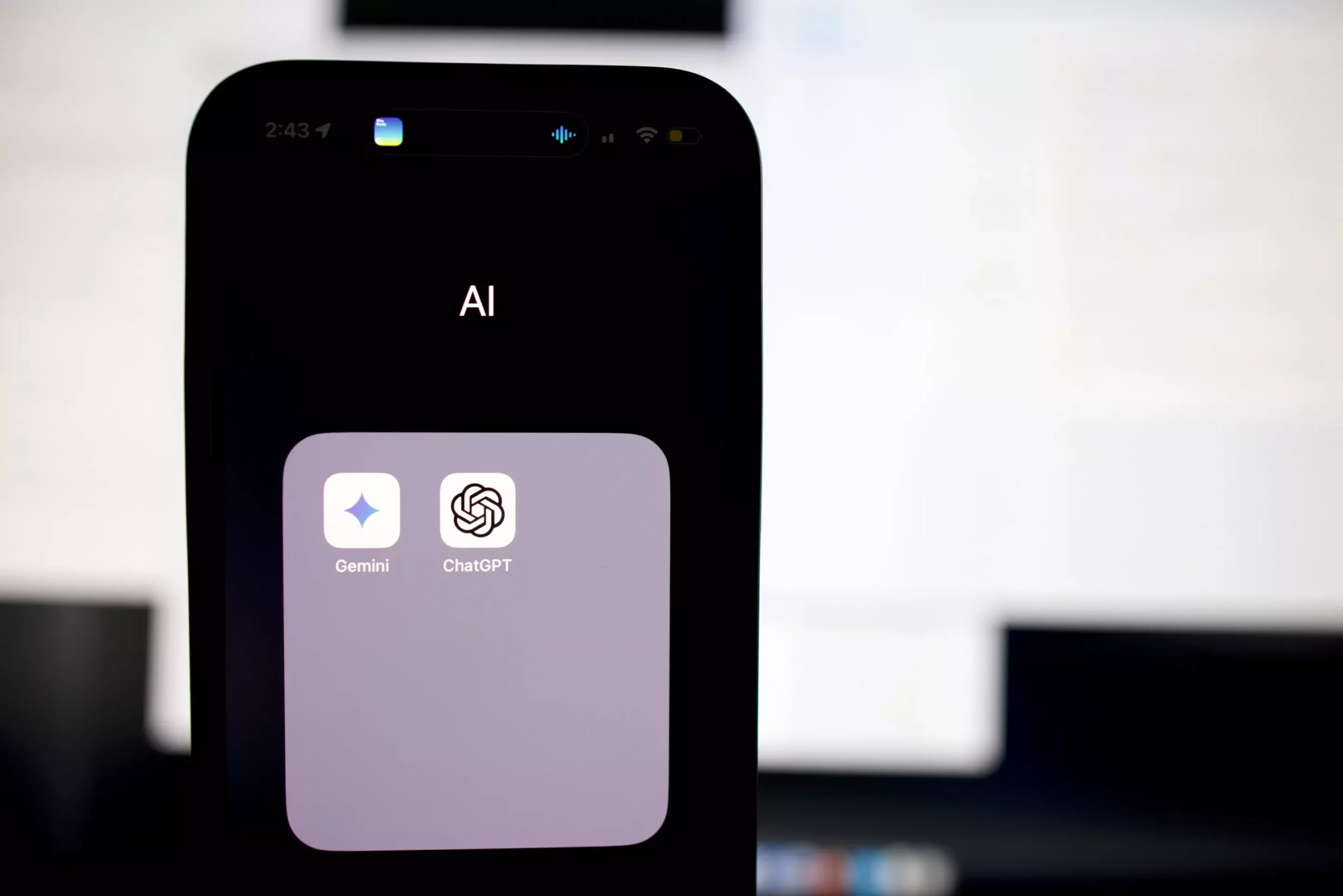The advancement of technology has brought about significant changes in various industries, including the recruitment and hiring process. With the rise of artificial intelligence tools like OpenAI’s ChatGPT, recruiters have started using automated systems to summarize resumes and rank candidates. This technological shift has raised concerns about the potential biases that these AI tools might exhibit, especially when it comes to marginalized groups like disabled individuals.
A recent study conducted by researchers at the University of Washington shed light on the biases present in AI ranking systems, particularly when it comes to disability-related credentials on resumes. The study revealed that ChatGPT consistently ranked resumes with disability-related honors lower than those without such credentials. The system’s explanations for these rankings often reflected biased perceptions of disabled individuals, perpetuating harmful stereotypes in the process.
In an effort to mitigate bias in AI ranking systems, researchers experimented with customizing ChatGPT with written instructions aimed at reducing ableist tendencies. The results showed a significant reduction in bias for most disability types, with improvements in the ranking of resumes that mentioned disabilities. However, the study also highlighted that further customization is necessary to address biases consistently across all disabilities.
It is essential for both recruiters and job seekers to be aware of the biases present in AI systems used during the hiring process. Without this awareness, corrective measures cannot be implemented, and biases may persist even with specific instructions in place. The study underscores the importance of acknowledging and addressing biases in AI to ensure a fair and equitable hiring process for all individuals, including those with disabilities.
While organizations like ourability.com and inclusively.com are working towards improving outcomes for disabled job seekers, more research is needed to document and remedy biases in AI systems. Exploring the intersections of bias against disabilities with other attributes like gender and race, testing different AI systems, and further customizing existing tools are crucial steps in creating a more inclusive and equitable hiring environment. By studying and addressing biases, we can contribute to a larger conversation about the ethical deployment of technology in recruitment practices.


Leave a Reply